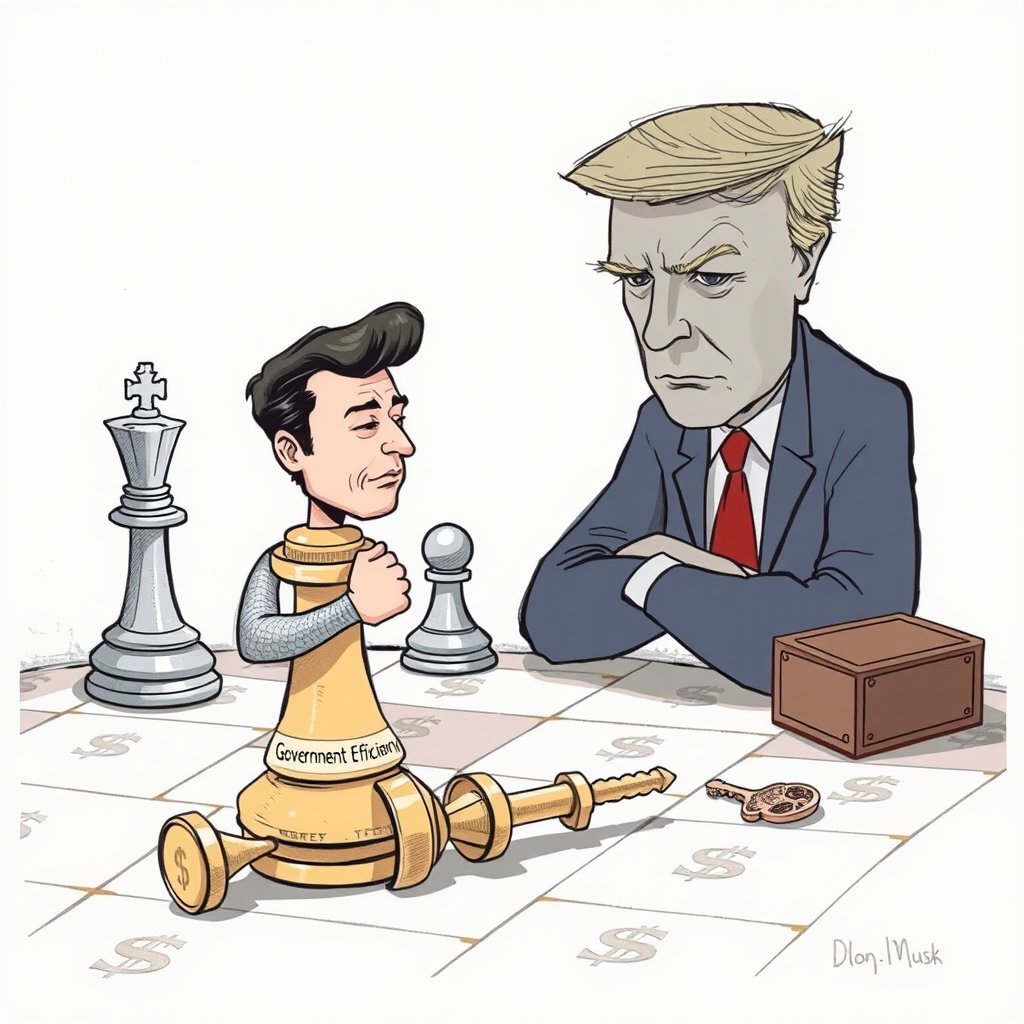Musk’s Trump Turn After White House Exit

Elon Musk’s brief stint advising the White House ended with a public and surprisingly swift falling out with President Trump, stemming from a rejection of his continued involvement in government efficiency efforts, according to a report in The Telegraph. Musk, who served a 130-day term as a “special government employee,” reportedly sought to extend his advisory role, aiming to achieve his stated goal of slashing $1 trillion in government spending. Sources indicate his request was denied.
The rejection appears to have triggered a dramatic shift in Musk’s public stance toward the president. After leaving the White House last week – receiving a signed keepsake box and gold key as a parting gift – Musk launched a scathing critique of a recently passed bill on his social media platform X, labeling it a “disgusting abomination” and vowing to oppose Republicans who supported it.
This outburst followed a period where Musk publicly aligned himself with Trump, notably wearing a MAGA hat emblazoned with the phrase “Trump was right about everything.” The abrupt change in sentiment has led to speculation about the motivations behind Musk’s criticism.
Administration officials expressed disappointment with Musk’s public rebuke. A source close to the White House described officials as “upset by the nature of his attack,” while acknowledging his contributions to identifying fraud and waste within the government. The source emphasized that Musk, having left his advisory role, was now speaking as a private businessman.
White House Press Secretary Karoline Leavitt downplayed the significance of Musk’s comments, stating the president was already aware of his position on the bill.
The fallout extended to Capitol Hill, where House Speaker Mike Johnson (R-LA) attempted to reach Musk by phone but received no response. Johnson expressed hope for a conversation, indicating a desire to mend fences.
The situation highlights the complex dynamic between influential figures and the political process, and raises questions about the limits of outside advisory roles. It’s a clear demonstration that even seemingly strong alliances can quickly sour when personal or professional ambitions aren’t met. The entire episode feels less about policy disagreements and more about bruised ego – a case of “sour grapes” as one source close to Musk put it. It’s a reminder that in the world of politics and high finance, personal relationships often trump ideological consistency.